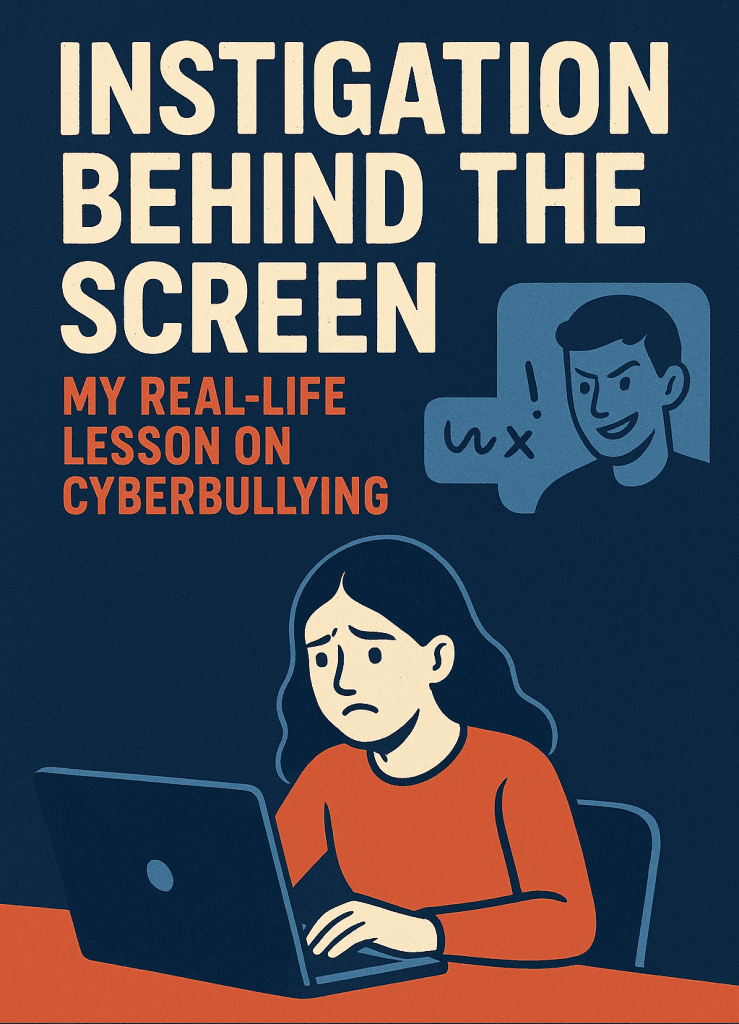
Recently, I had a rather unsettling experience on social media. There’s someone on my Facebook friend list — a person I’ve met several times in the past — who began commenting on my posts, especially those related to current events. His comments weren’t made to discuss or share views; they were crafted to provoke arguments. Each time I posted, he would respond with negative, instigating remarks, subtly turning the conversation into something hostile, often in ways that made me look bad publicly.
At first, I felt angry — that familiar urge to respond, to defend my perspective, to “set things right.” But then it hit me: that’s exactly how online instigation works. It’s designed to trigger a reaction, to draw you into a cycle of argument and frustration that ultimately serves no one. So instead, I took a step back. I deleted his comments, removed him as a friend, and blocked him. Not out of pride, but to protect my peace of mind and maintain healthy boundaries.
That experience reminded me that cyberbullying isn’t always direct or obvious. It doesn’t always come in the form of threats or name-calling. Sometimes, it hides behind sarcasm, “debates,” or seemingly innocent comments that are meant to instigate, provoke, or humiliate.
💬 What Is Cyberbullying?
Cyberbullying occurs when someone uses digital platforms — social media, messaging apps, emails, or online forums — to harass, embarrass, or target another person. It includes:
Public humiliation or mockery, even disguised as humor.
Instigation for fights or arguments in comment sections or group chats.
Spreading false information or screenshots to damage someone’s image.
Deliberate exclusion or isolation online.
Unlike traditional bullying, cyberbullying follows you everywhere — on your phone, your feed, even your quiet moments. The mental and emotional effects can be draining, leading to anxiety, anger, and loss of confidence.
🧭 How to Overcome It
Here’s what my own experience taught me:
Don’t engage. Silence is not weakness; it’s strength. Not every argument deserves your attention.
Set digital boundaries. Deleting or blocking someone toxic doesn’t make you petty — it makes you wise.
Document and report. If harassment continues, save screenshots and report it to the platform or relevant authorities.
Seek support. Talk to a friend, colleague, or counselor. You don’t have to handle it alone.
Promote empathy online. The internet should be a space for learning, not hostility. Let your comments add value, not venom.
💡 Final Thought
Behind every username is a real person — with emotions, struggles, and dignity. If our online spaces can be used to hurt, they can also be used to heal, encourage, and connect. The choice lies in how we respond and the boundaries we choose to protect.
Sometimes, the most powerful statement you can make… is walking away from the noise.
#CyberbullyingAwareness #DigitalEmpathy #OnlineRespect #MentalHealthMatters #SocialResponsibility
